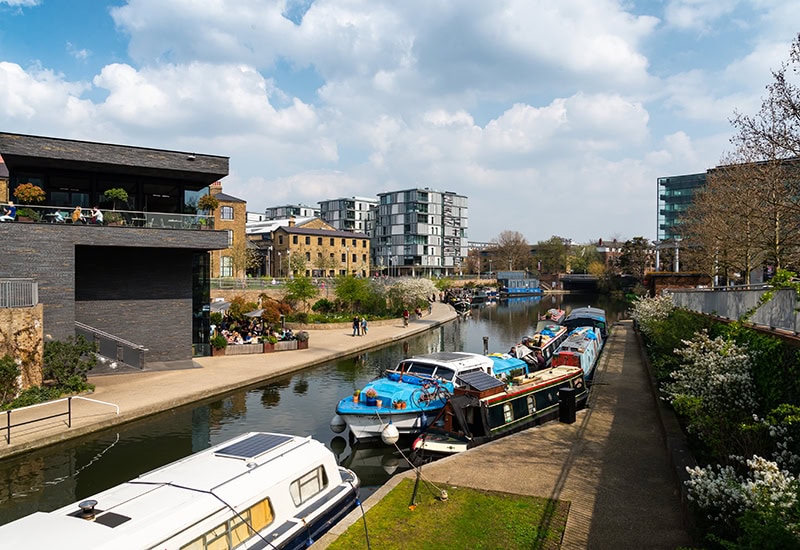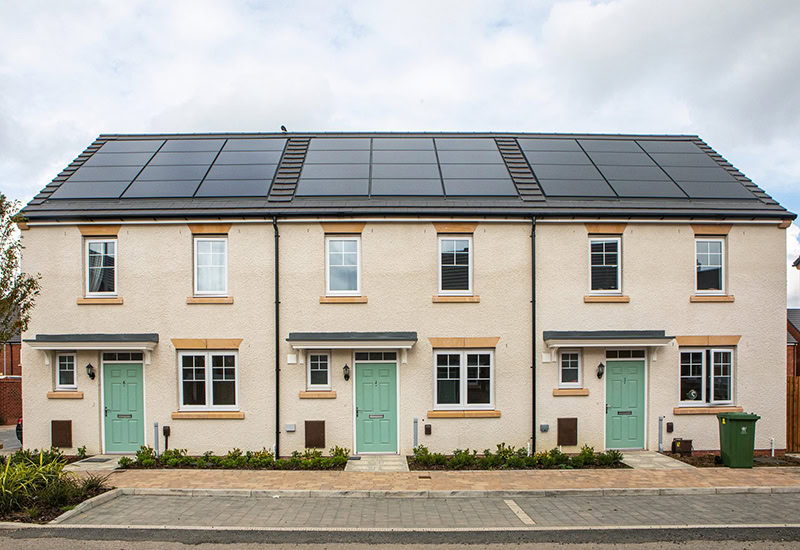The MADE project explored how smart control of multiple low-carbon technologies in the home can reduce energy bills and peak demand on distribution networks.
Passiv used its Smart Energy Platform and multi-asset controls to optimise hybrid heat pumps, battery storage, solar PV and EV chargepoints.
The Platform delivered annual energy bill savings of up to £260 per household while reducing peak loads on the network by 35-40%.
The MADE (Multi Asset Demand Execution) project explored how smart control of multiple low-carbon technologies in the home can provide highly flexible demand response services and benefits to consumers, energy networks and the broader energy system. The project was led by Passiv with Western Power Distribution, Imperial College, Delta-ee and Everoze as partners and was funded by the Network Innovation Allowance.
The project sought to understand how to balance the interests of the consumer, supplier, and network operators when seeking to derive value from demand flexibility. The project explored how smart management of hybrid heat pumps, battery storage, solar PV and EV chargepoints could reduce peak demand on distribution networks, unlock value from energy markets, and reduce consumers’ bills. It also investigated how smart controls with demand management capability could allow more than one low-carbon technology to be installed in a home where local capacity constraints would otherwise prevent this.
Hybrid heat pumps, battery storage, solar PV and EV chargepoints were installed in five homes under the MADE project. Passiv used its Smart Energy Platform and multi-asset controls to optimise these low-carbon technologies according to time of use tariffs to reduce energy bills while providing flexibility services to energy networks.
The project showed that multi-asset optimisation with the Passiv Smart Energy Platform can deliver significant annual energy bill savings of up to £260 per household. The Platform was also able to offer material peak load shifting potential for energy networks, with between 35-40% reductions in peak loads on the network compared to the baseline case.
Analysis by Imperial College London showed that there is potential for multi-asset control to deliver distribution network cost savings across different voltage levels and asset types, which could potentially save between £200m and £500m in annualised reinforcement costs by 2035. This is on top of the energy bill savings enabled by the Passiv platform and helps to offset some of the increased reinforcement spend needed to accommodate the significant load increase on the network from low-carbon technologies. Imperial forecast that the net benefits of the technology trialled as part of the MADE project, including the cost of enabling residential flexibility, could reach between £500m and £2.1bn per year by 2035.
Further Information
View the final report here – MADE


